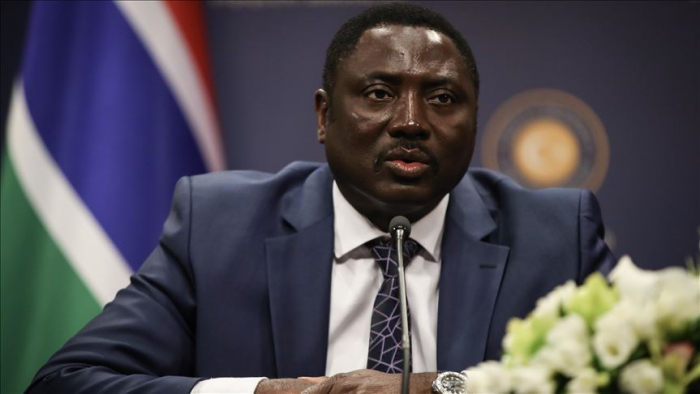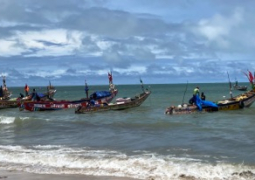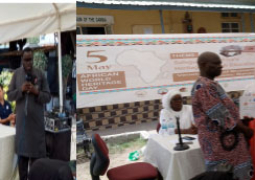
He said the government’s four main priorities are to ensure accountability, reparations, institutional reforms and reconciliation.
Dr. Tangara was recently speaking on behalf of President Adama Barrow at the commencement of the ongoing 75th Ordinary Session of the African Commission on Human and People’s Rights held at the SDKJ Conference Center in Bijilo.
He stated that The Gambia government has demonstrated its political will, by making efforts to investigate human rights violations that occurred during the 22 years regime.
He said the government has also genuinely accepted the atrocities meted on victims.
He stated that the Transitional Justice Process (TJP) has shown their strength in collaboration and partnership with different stakeholders including Civil Society Organisations (CSOs) and Non-Governmental Organisations (NGOs) to ensure transparency, accountability and effectiveness of the Transitional Justice process.
“We are excited to launch the Implementation Plan on the 12th and 13th May 2023 through which, we aim to ensure that the TRRC recommendations are fully and effectively implemented in a manner that is transparent, inclusive and serves the ends of justice,” he assured.
He said the Security Sector Reform Project as part of their transitional justice process has led to significant achievements, including the vetting and restructuring of security forces; the development of new policies and legislation to strengthen civilian oversight, the improvement of infrastructure and equipment for the security institutions.
He noted that the challenges remain in completely transforming the security sector and addressing the legacy of abuse and impunity under the previous regime.
He added that “we do not underestimate the substantial support received from international partners, including the United Nations, ECOWAS, the European Union, DECAF and individual countries like Germany, Turkey and France.”
He acknowledged that these partners have provided technical assistance, training, and funding to enhance the capacity of security forces to improve the institutional frameworks with a major foresight of promoting the adherence to international human rights standards.
He said that they look forward to receiving more support from their partners and member states for the effective implementation of the government White Paper.
“We are ready to commit ourselves in providing opportunities to NGOs and CSOs who are amongst the first responders in cases of human rights violations, to explore the strategies that will promote civic space for our citizens in difficult situations,” he advanced.
Dr. Tangara informed that they are equally committed to joining hands in combating challenges confronting the African continent and that they intend to relentlessly safeguard their relationship and commitment towards the African Charter on Human and Peoples’ Rights.
He said other commitments include the AfCFTA and all other International Human Rights Treaties to promote and protect the principles of the rule of law and human rights including participation, legality, accountability, empowerment and non-discrimination.
Read Other Articles In Headlines
41 African central bank governors to converge in Gambia
Aug 4, 2022, 11:52 AM



